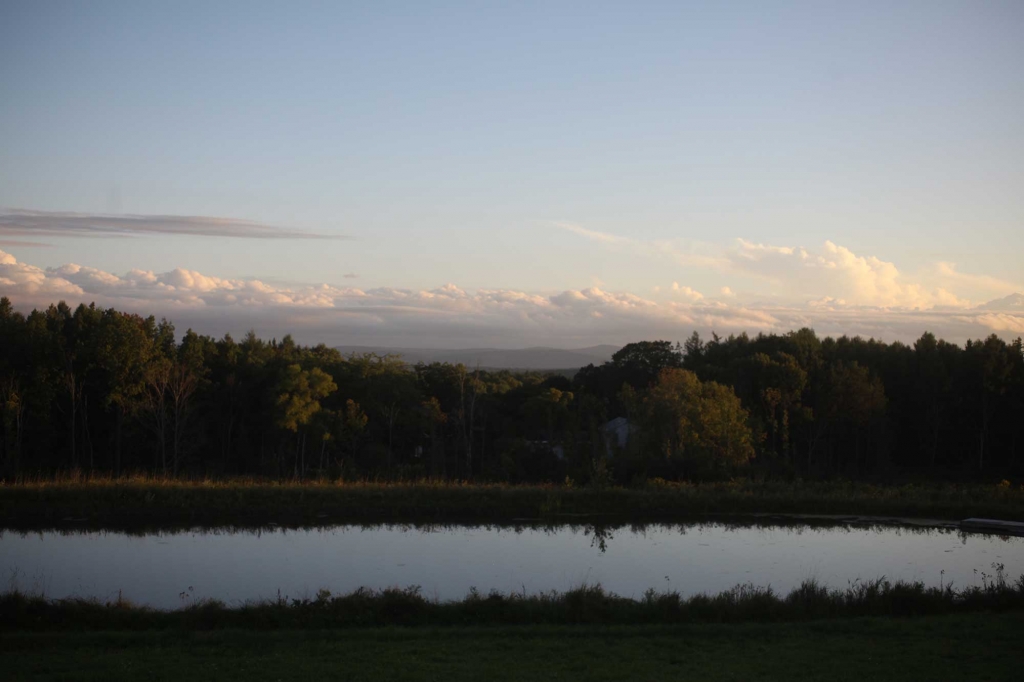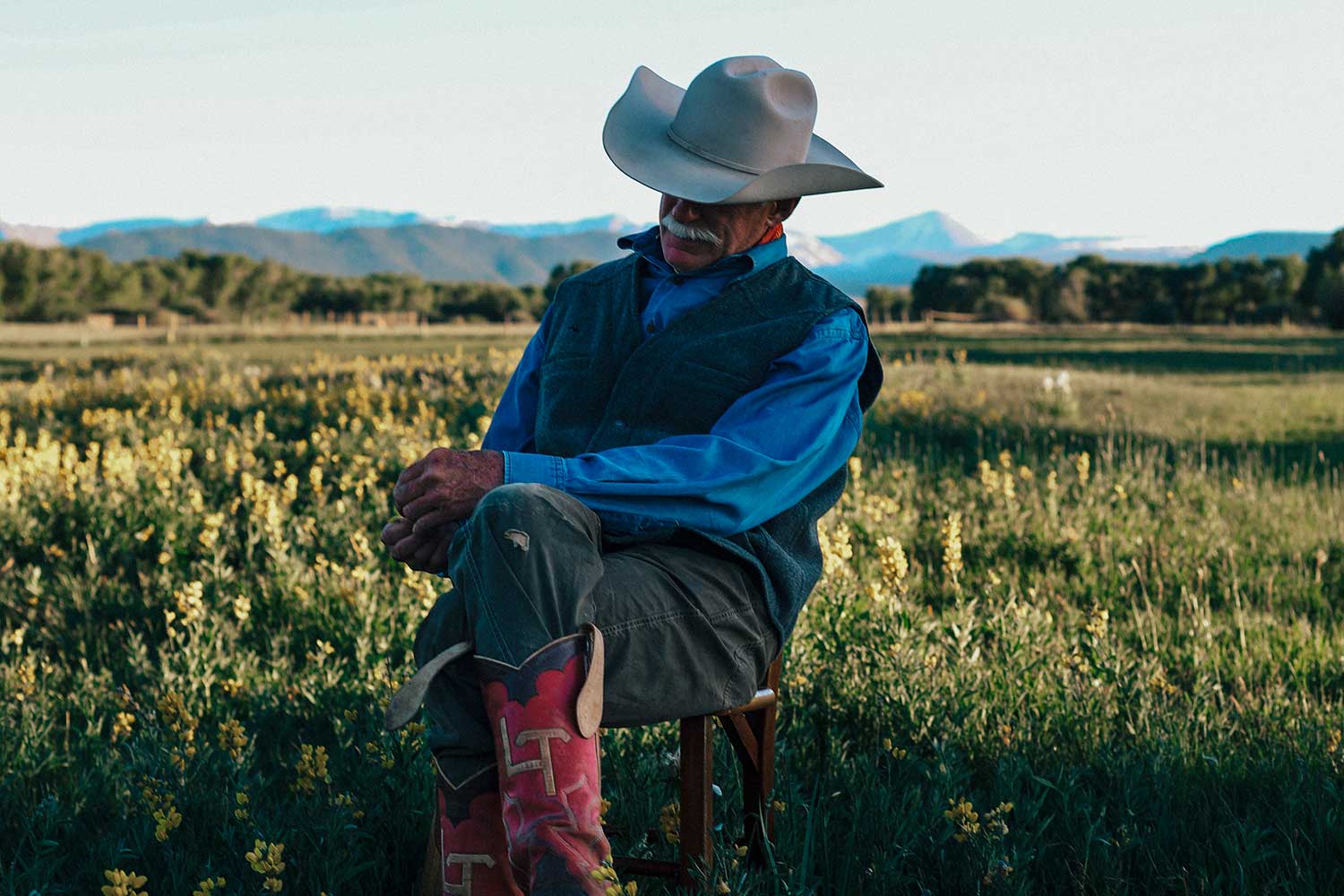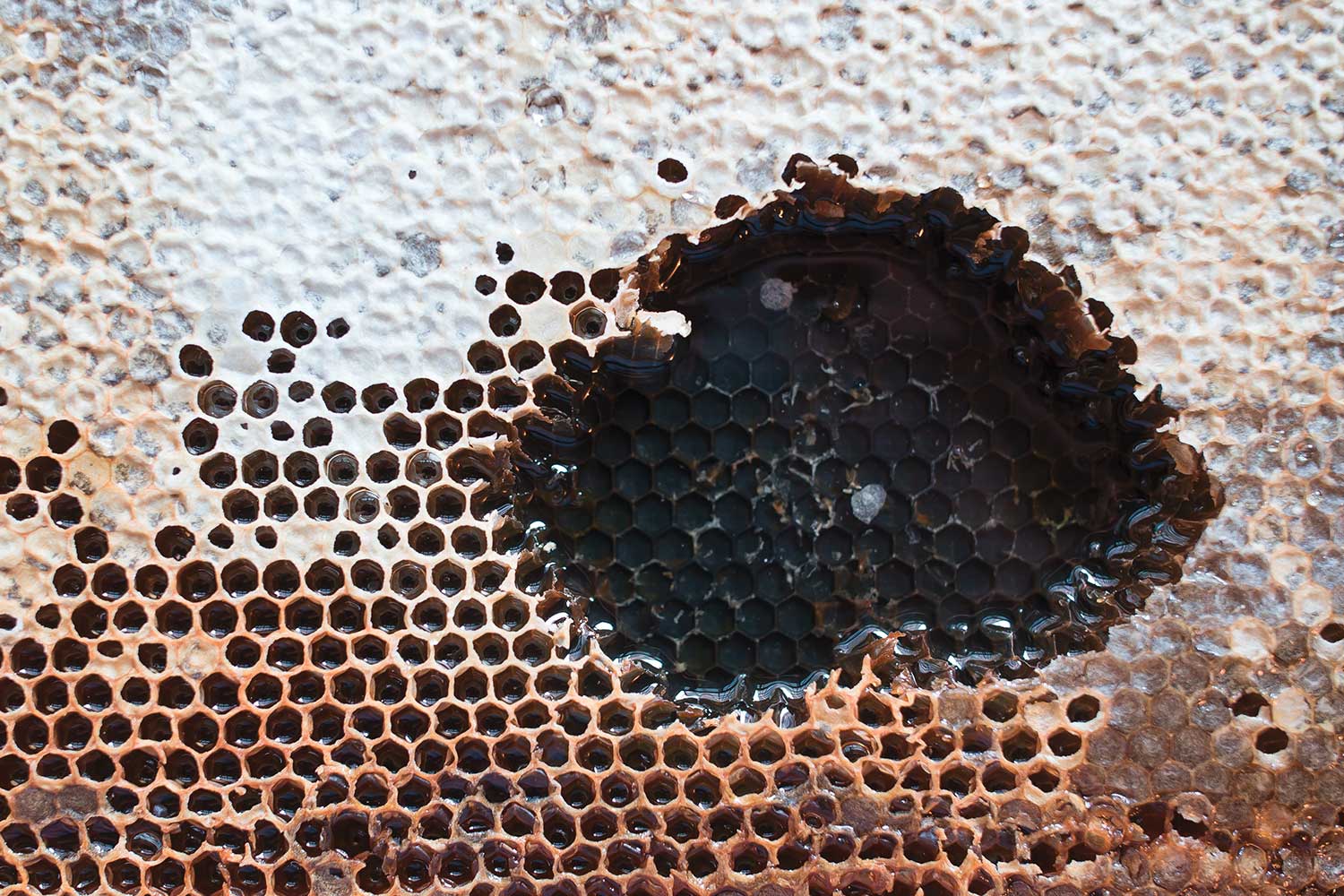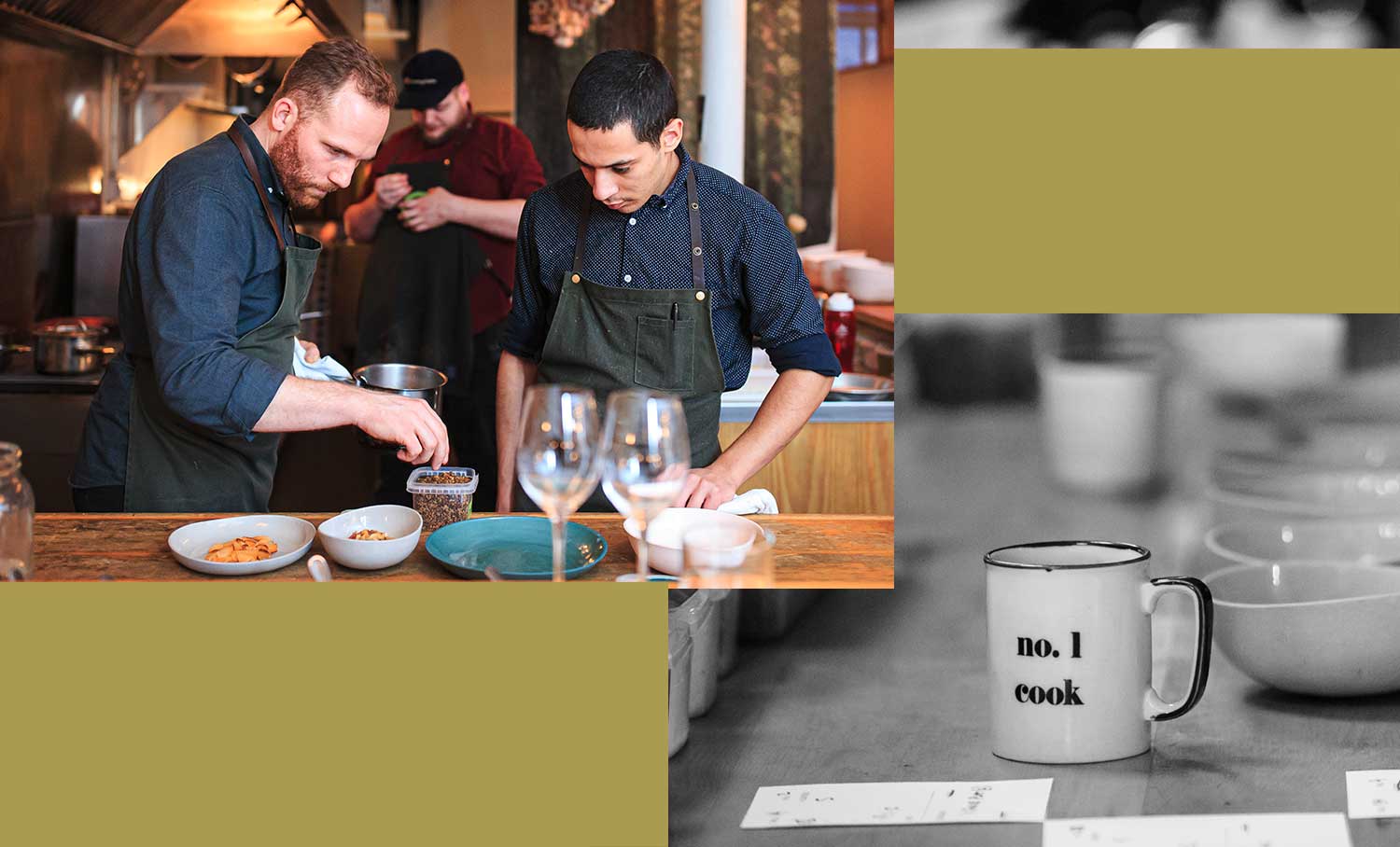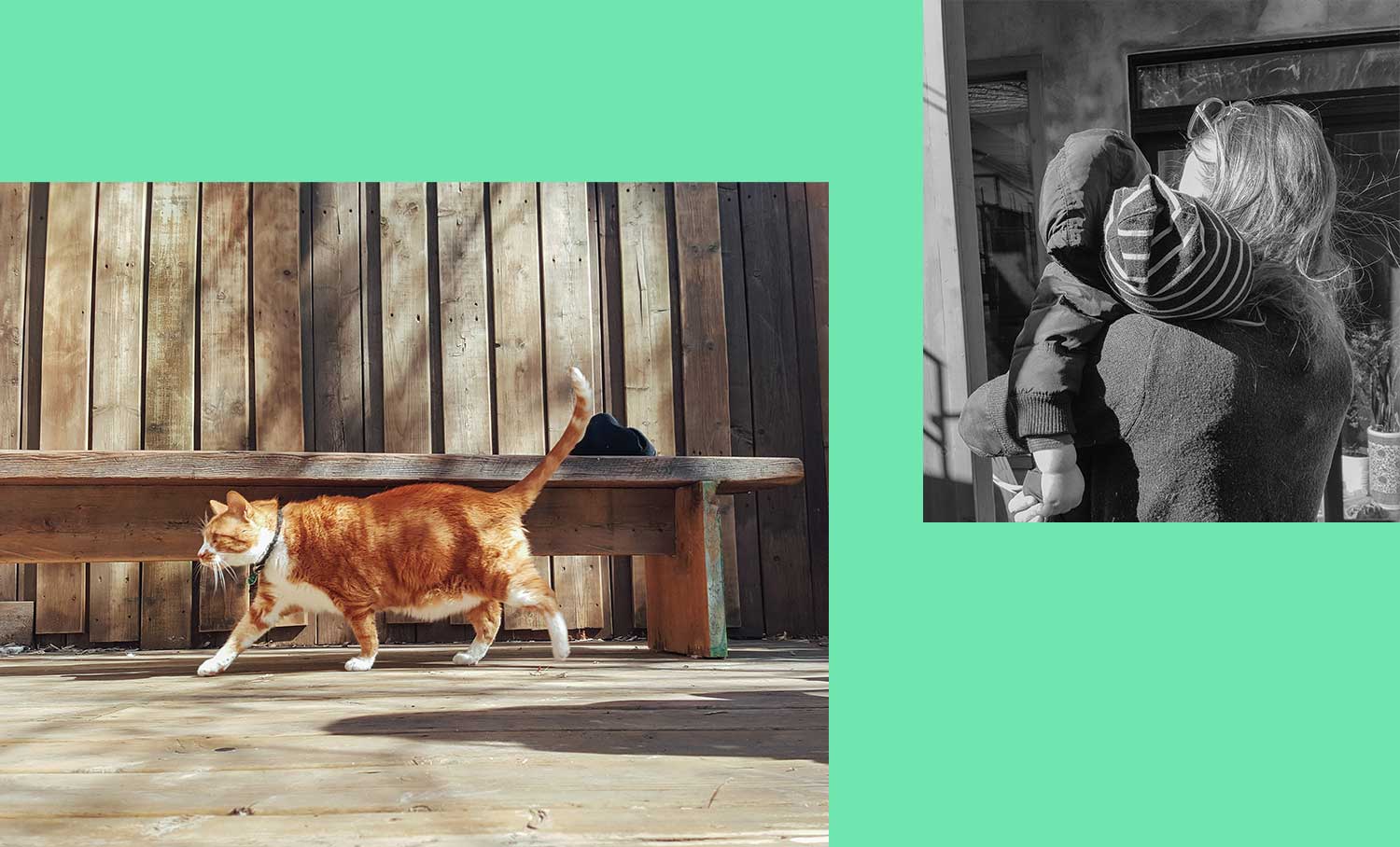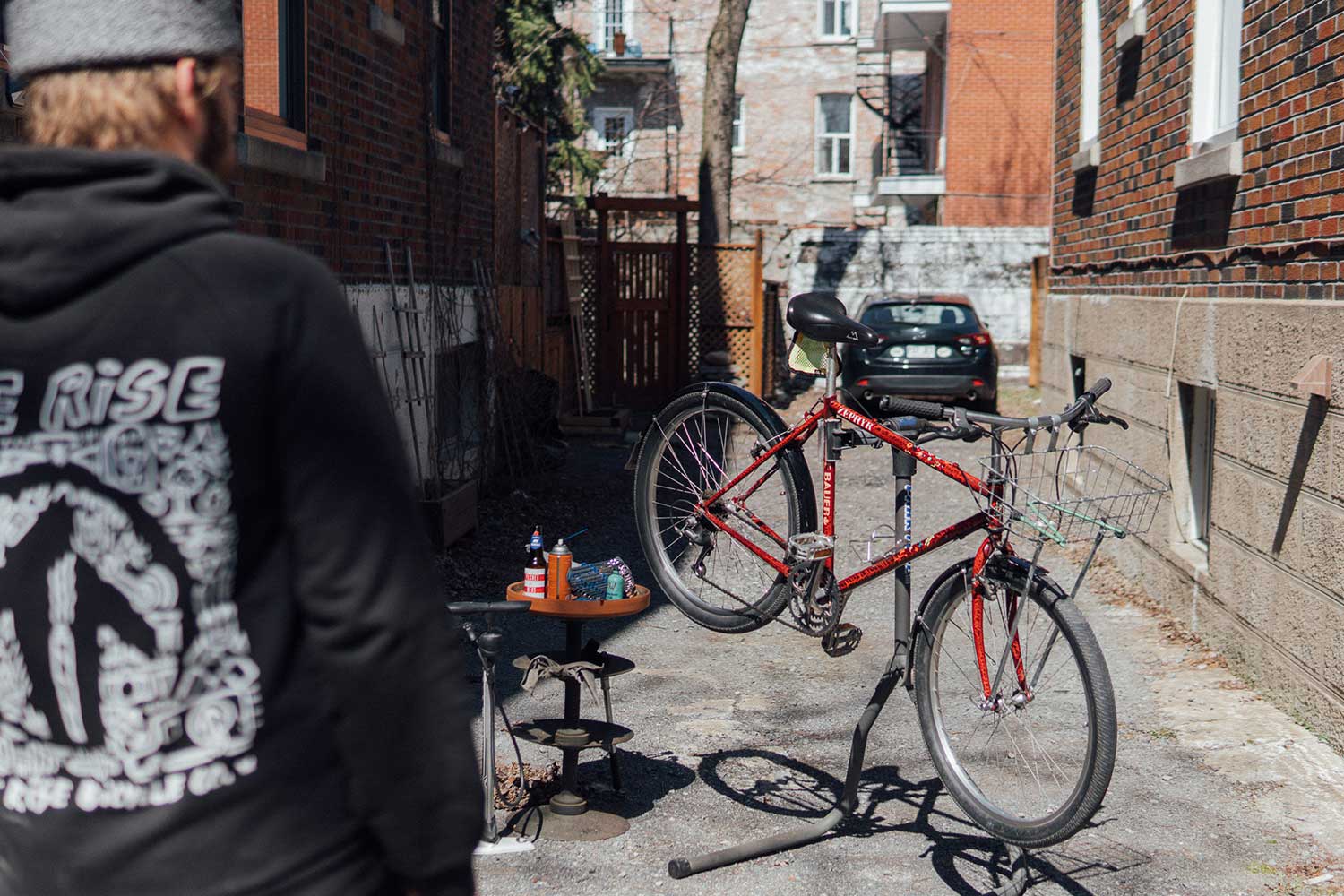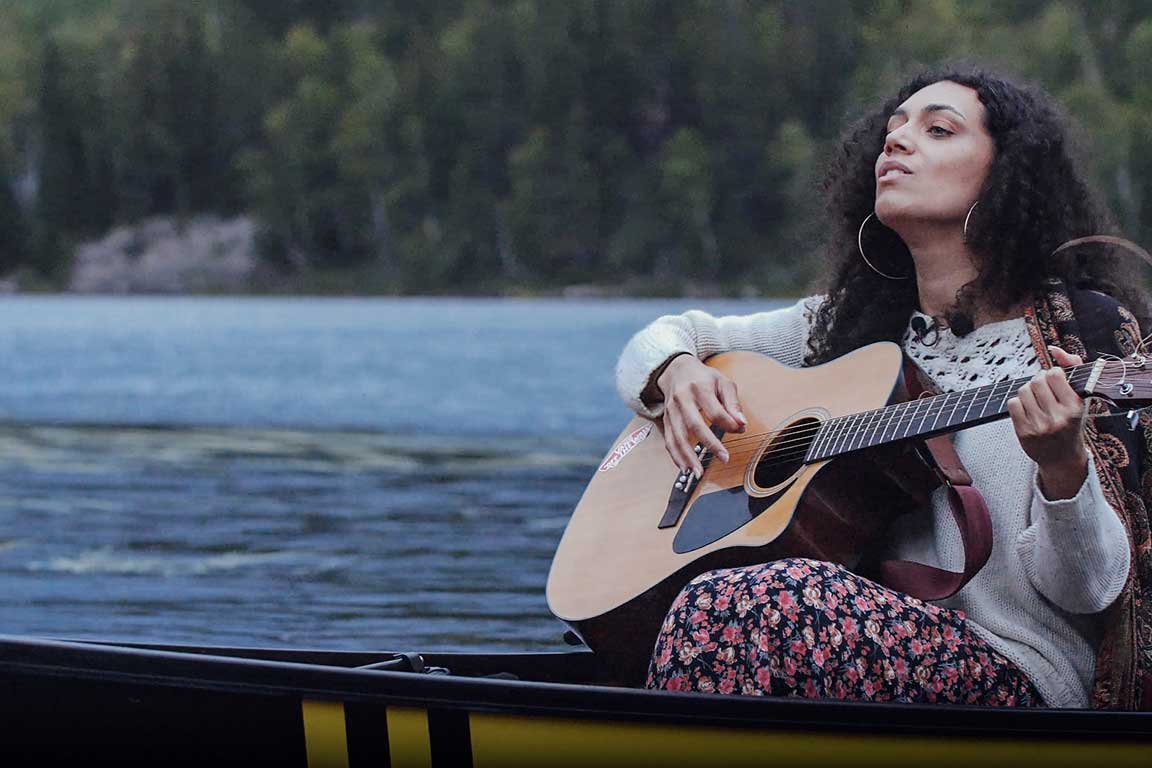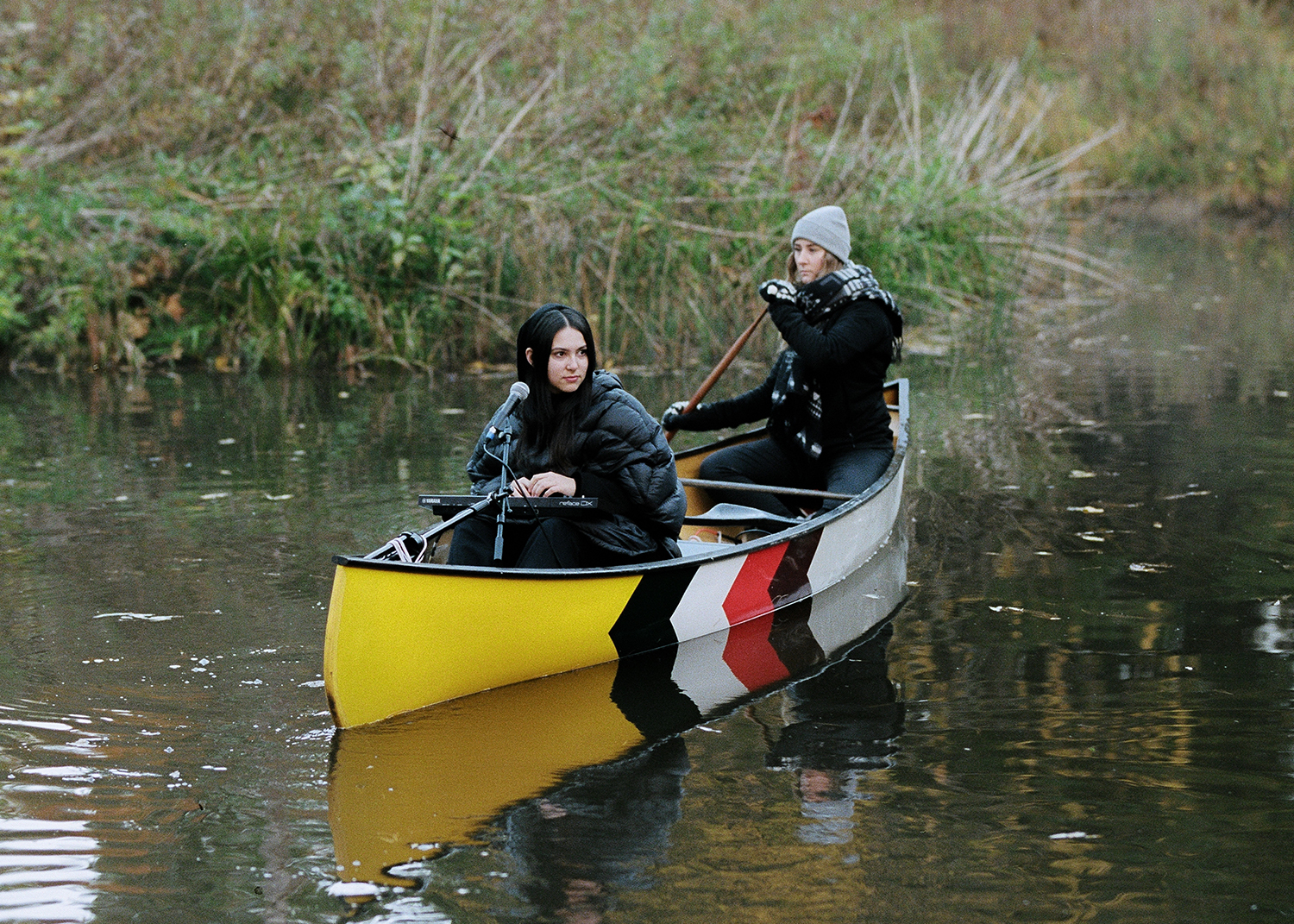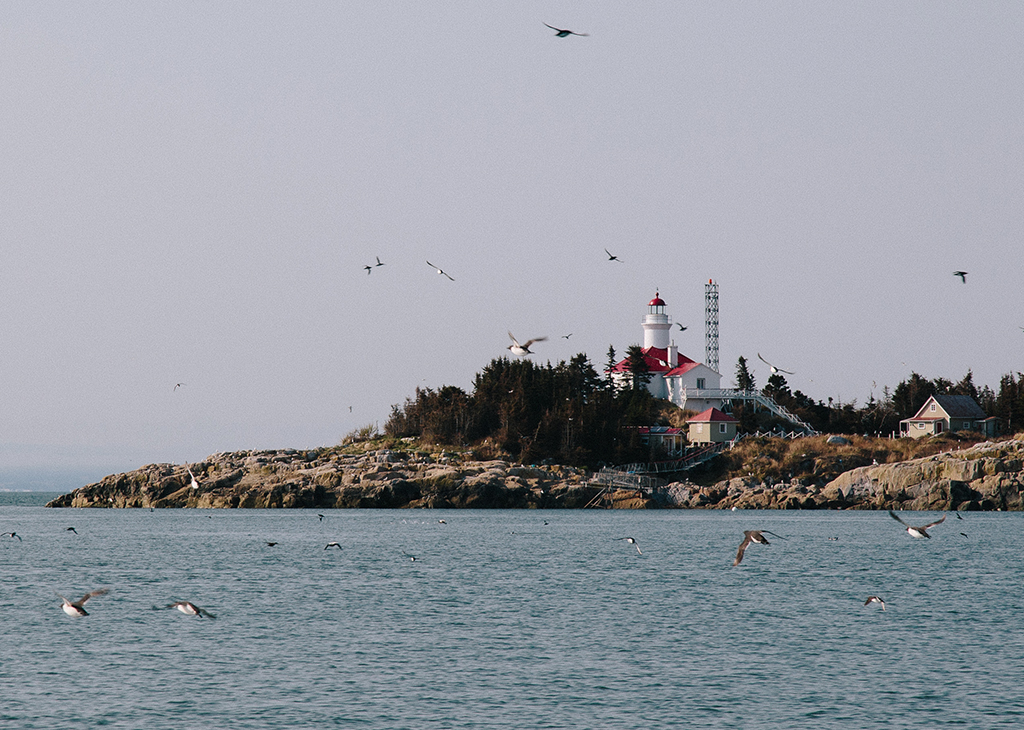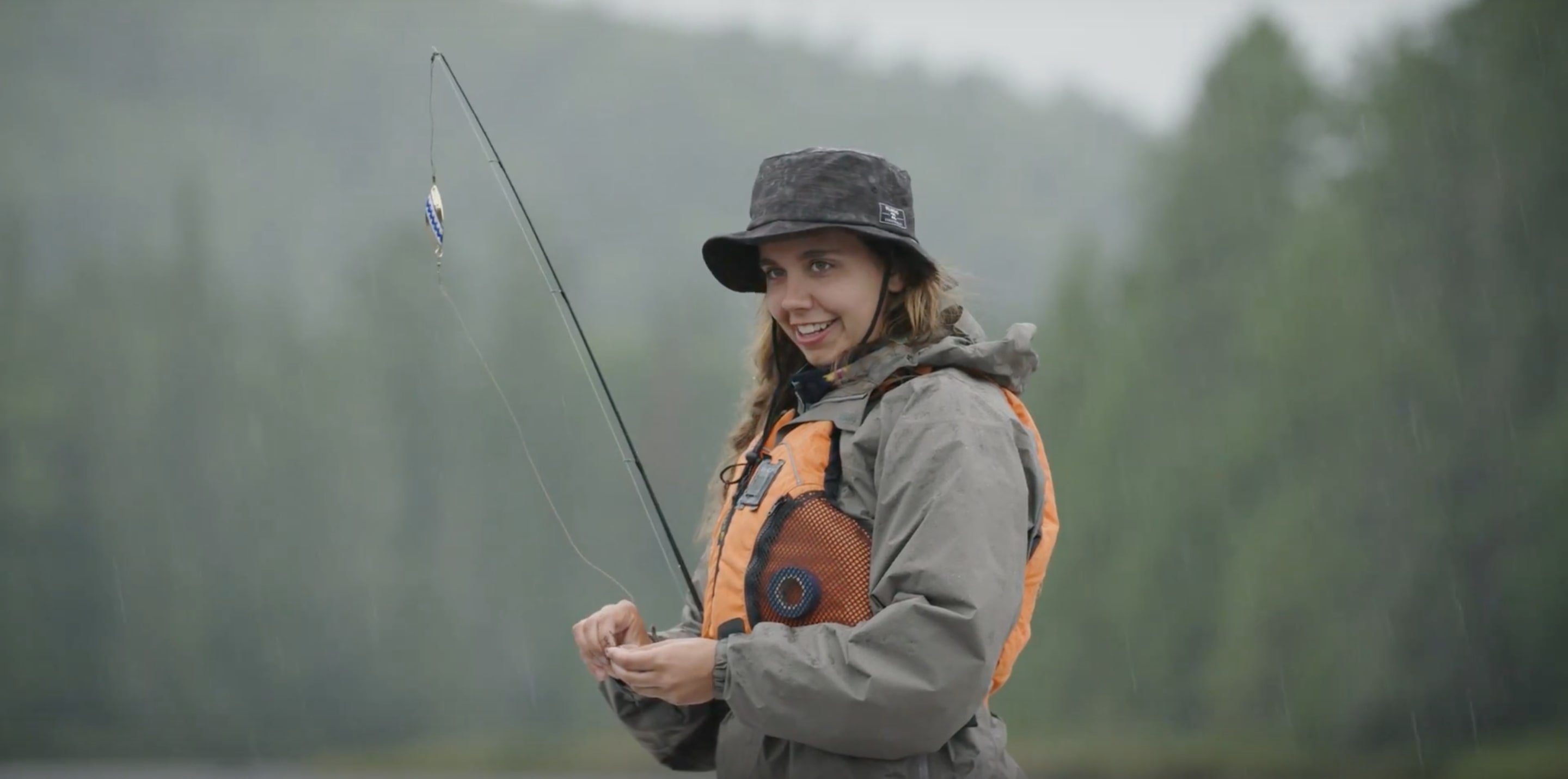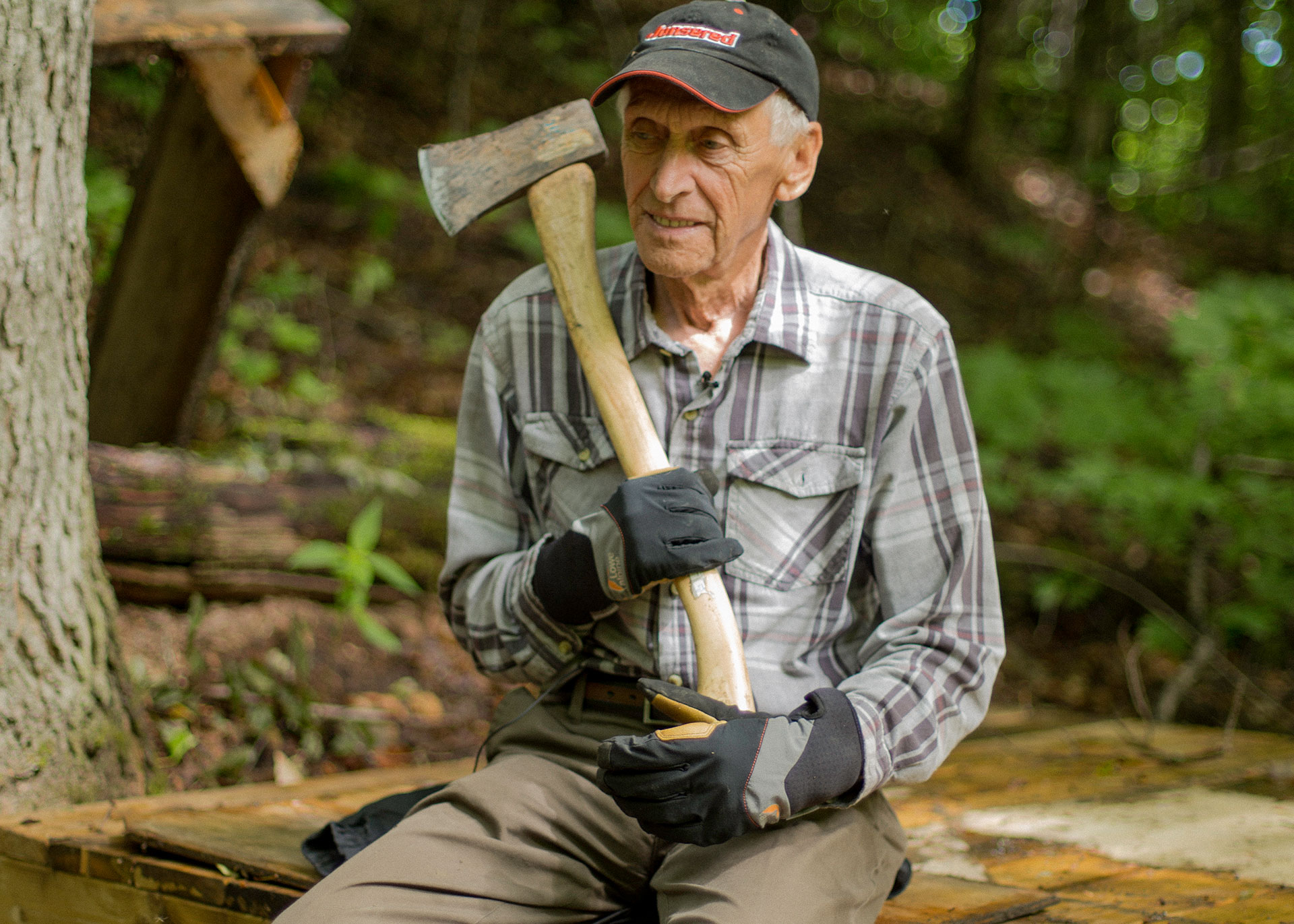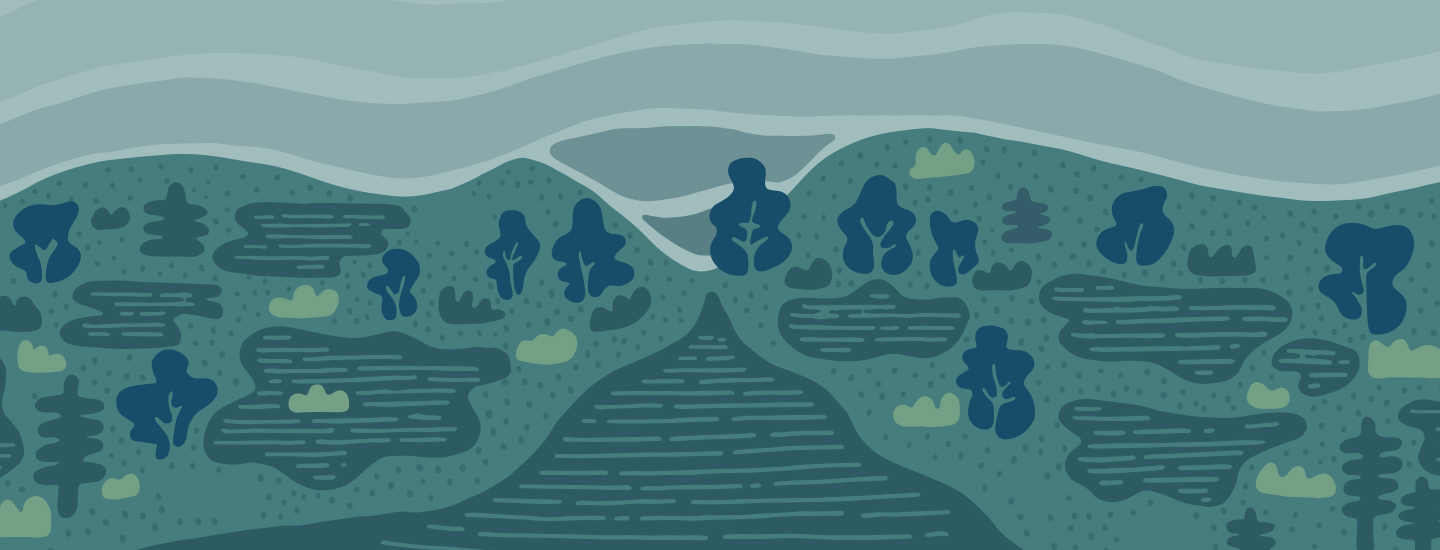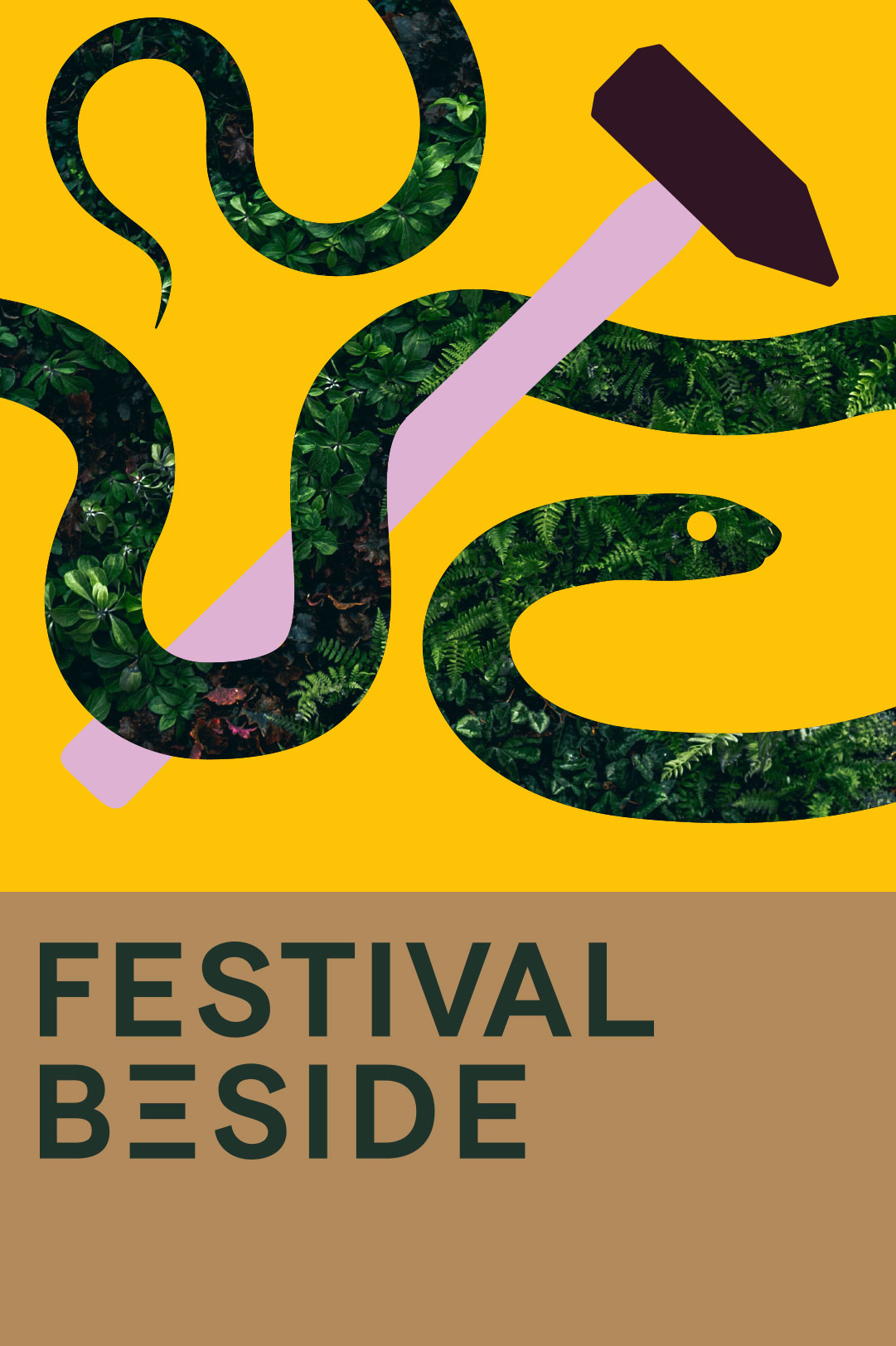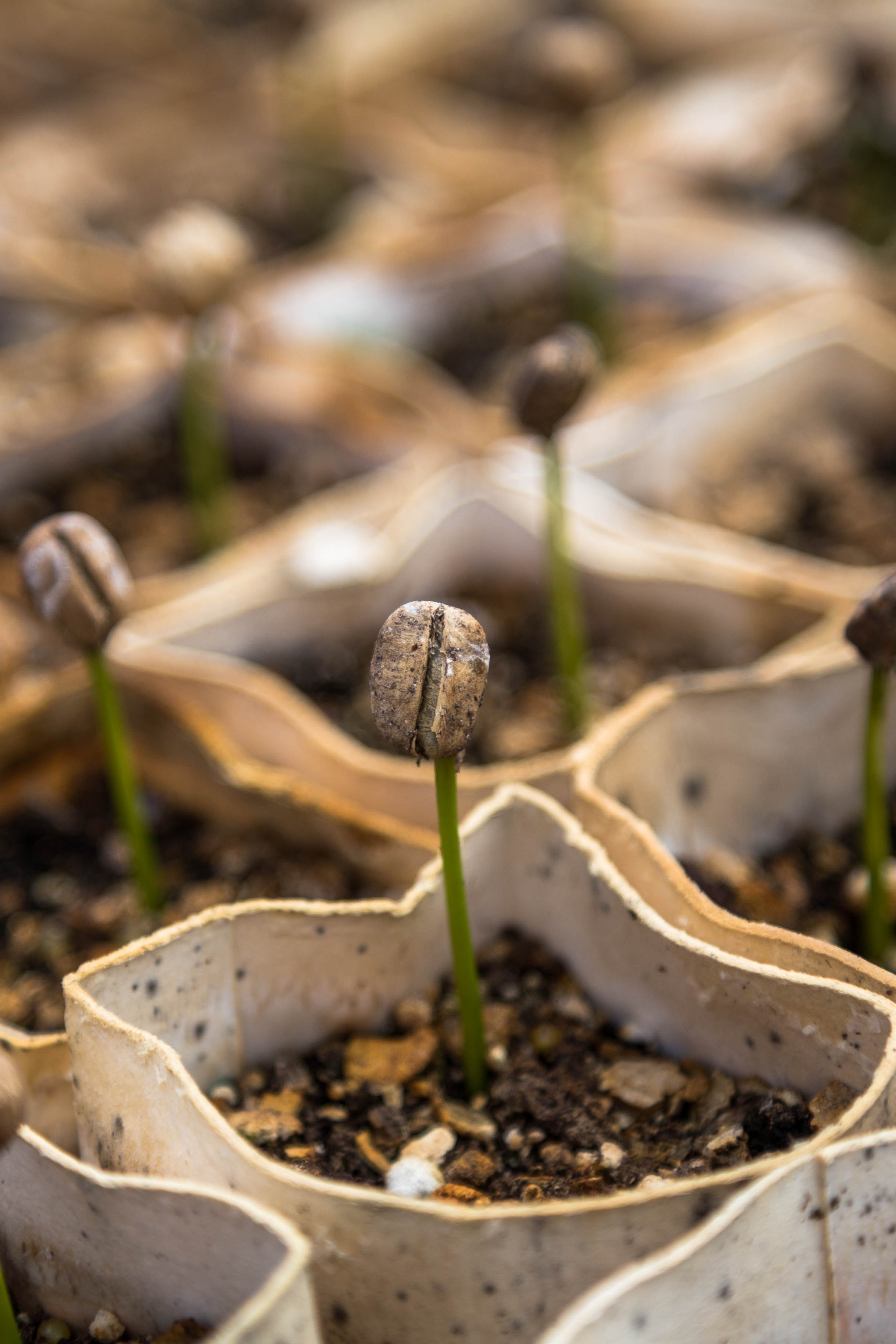Portrait
In Bloom
On its bucolic 107-acre farm in upstate New York, Sarah Ryhanen heralds the emergence of meaningful ways of living.
Sarah Ryhanen’s suburban upbringing in Peekskill, New York in the 1980s didn’t exactly foretell the route she would later travel in life.
Years before she founded Saipua, her floristry and soap-making brand, Sarah was no child of nature. “A lot of people assume that I grew up on a farm, but I really didn’t. I grew up interested in getting my driver’s license and collecting Absolute ads.“ Her frankness is refreshing. Much has been written about the founder of Saipua in the past decade. She’s been characterized as a florist who “inspired an entirely new generation of floral designers” and an entrepreneur who uprooted her urban life to settle on a farm upstate. It’d be easy to imagine that the 38-year-old entrepreneur was somehow following a clearly drawn out path. Instead, Sarah gives the impression of a woman whose purpose is still very much burgeoning.
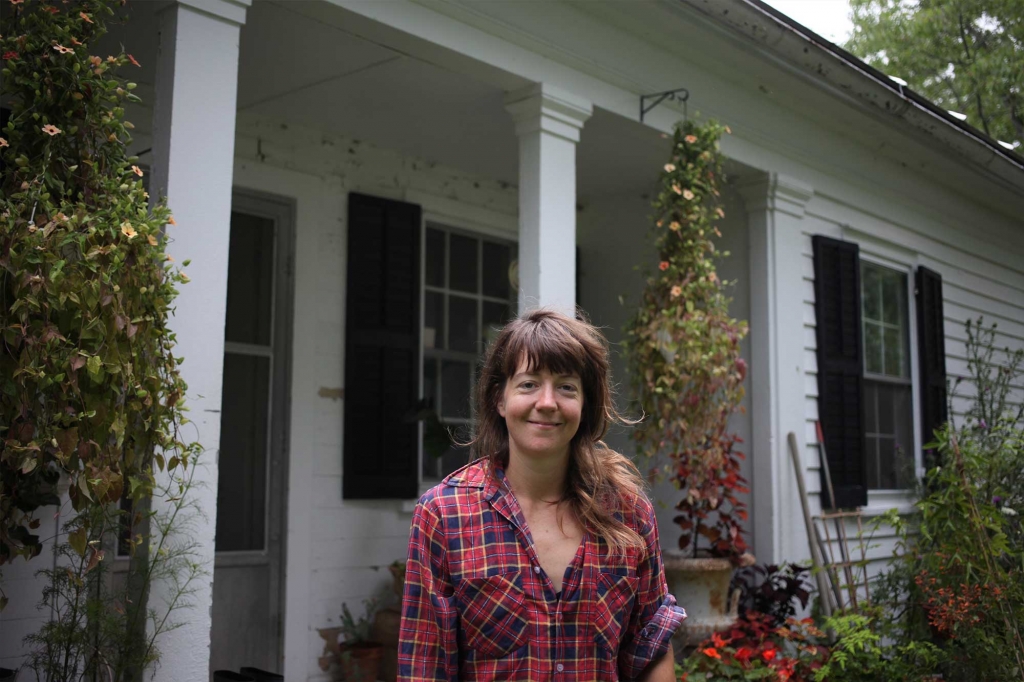
Sarah’s love affair with flowers began around 2006 when she returned home from college and, along with her partner, offered to help her mother launch the soap brand that would eventually become Saipua (the name means soap in Finnish). The newly discovered passion was a type of magic difficult to describe: “you’ve never really thought about flowers and all of a sudden, they bring you so much joy.” Sarah incorporated flower arranging into Saipua and set up shop in Brooklyn’s Red Hook neighbourhood. The boutique became an aesthete’s Eden and the neophyte’s charmingly wild and opulent arrangements quickly rose to prominence, adorning weddings, runways, and upscale events worldwide.
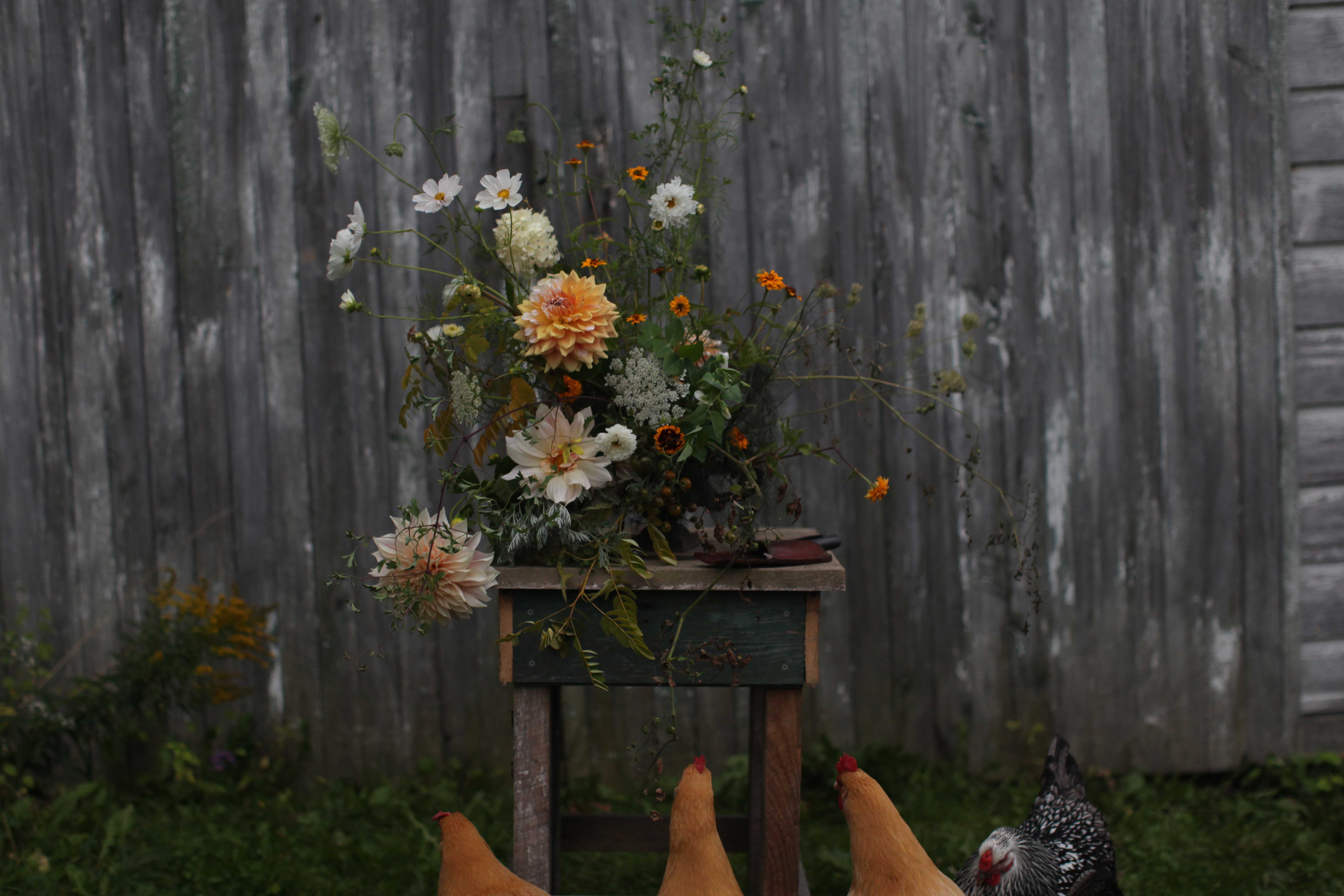
In 2011 Sarah purchased a 107-acre farm and called it World’s End (a nod to the T.C. Boyle novel of the same name). At the time, the free-thinking entrepreneur was set on expanding her business by growing her own spectacular flowers. But as she settled into the realities of agricultural life, a new vision emerged for Saipua. She began to notice that the simplest acts of living, things like cooking, decorating, or even weeding, were also opportunities to care for oneself and foster connections with others.
“What I’m after, essentially, is showing people—and learning at the same time—how to create a meaningful life. I say that out loud and it sounds a little bit… funny. But I guess that’s what I’m after, learning how to live. ”
Both statement and question, “how to live” guides Sarah and her team’s journey toward a renewed way of being with each other and with nature. In the past year, Saipua has steered away from event work in order to focus more on educational programming. They offer courses that span from tomato canning to soap making (a workshop given by Sarah’s mom, Susan). In 2019 she made the decision to run World’s End with the help of women only.
A think tank for community living, Saipua conjures fresh perspectives “balancing the extraordinary and the whimsical with a sense of practicality and duty.” This duty is part of a broader conversation about what we, as humans, value. “What we are doing”, states Sarah, “is very political in some sense. This is the work of my life, I want to create something on the periphery of our capitalist cultural norms that can start to affect a few people and make space for something new to emerge.”
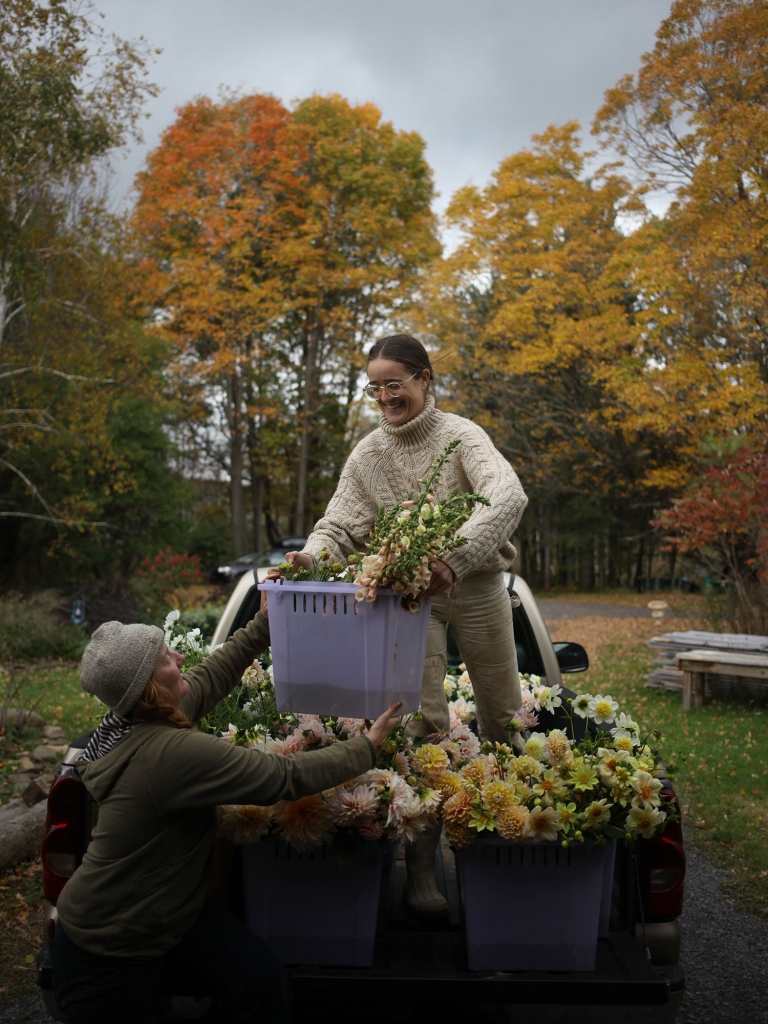
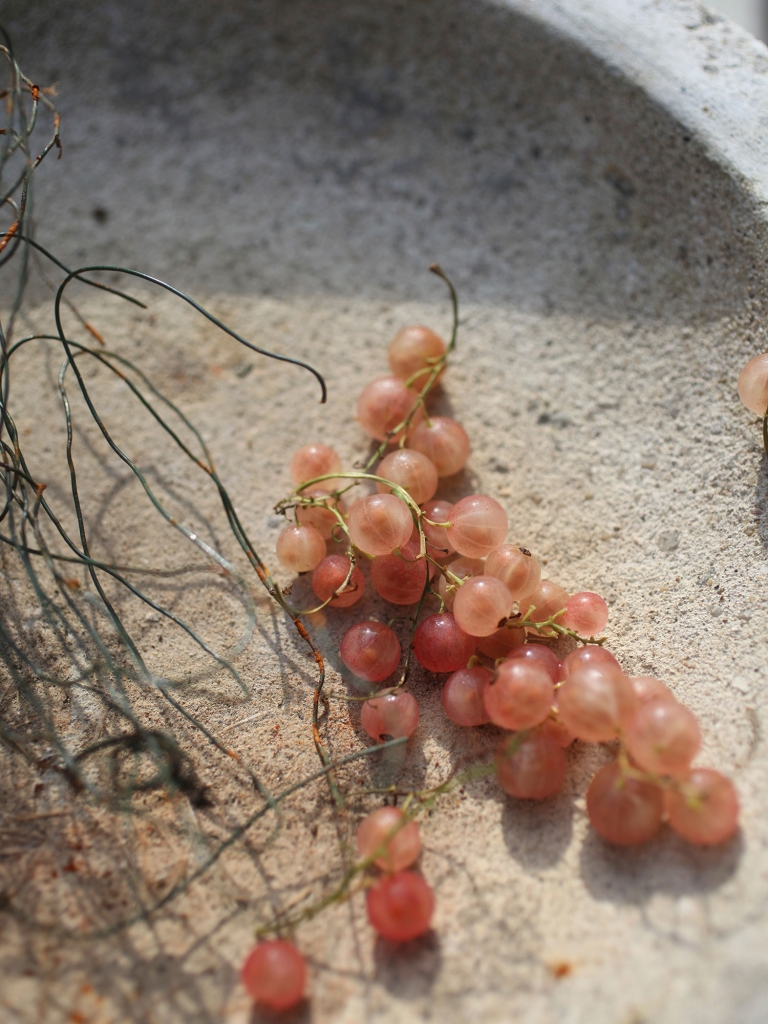
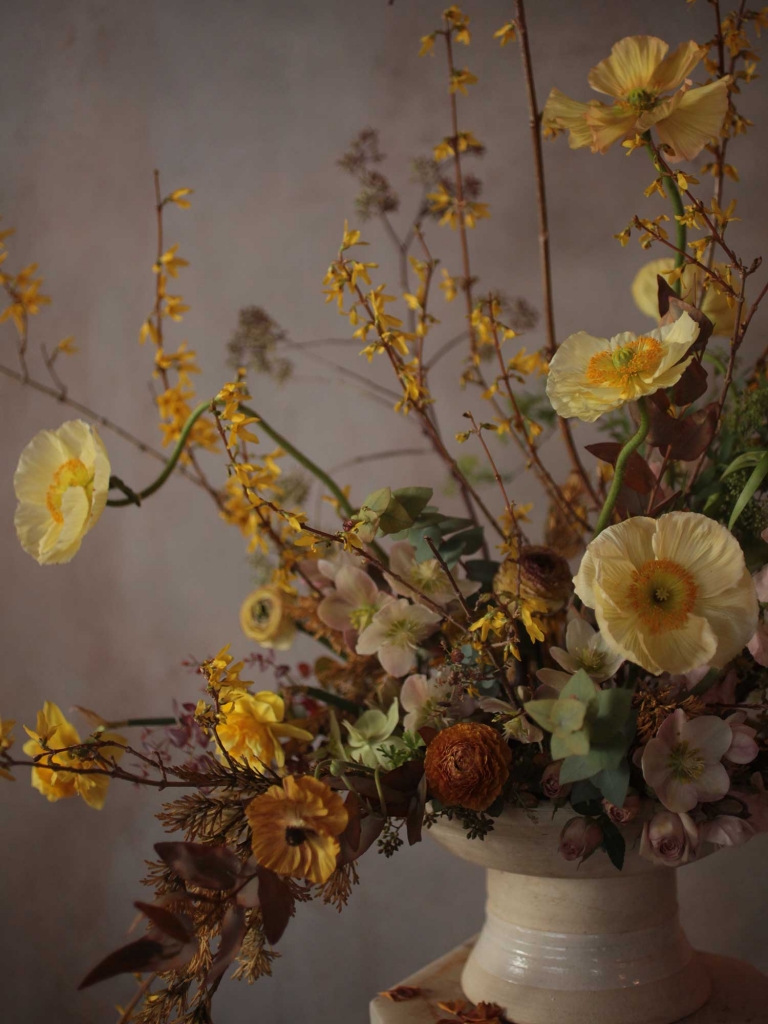
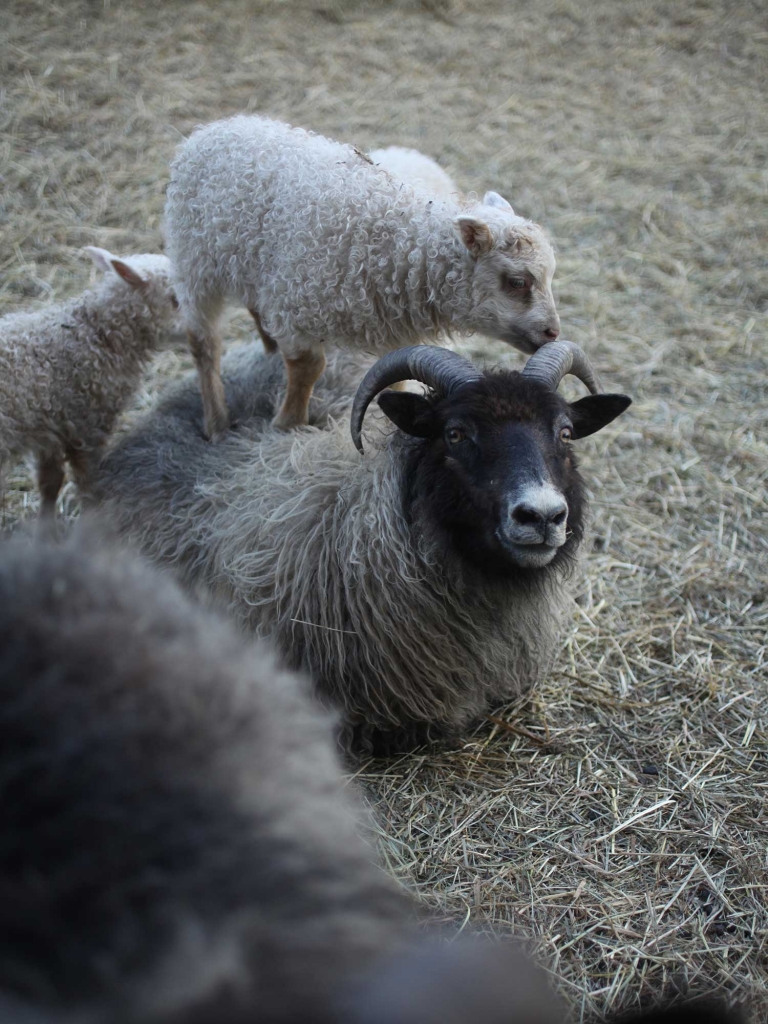
It’s difficult to predict exactly what Saipua and World’s End will grow into once fully bloomed. For now, Sarah and her team find pleasure in encouraging self-replenishing life cycles. Because of a tight rotational grazing plan, for example, World’s End’s 20 Icelandic sheep consistently graze fresh grass, which keeps them healthy and, in return, they fertilize the soil of Saipua’s 50-plus varieties of ravishing flowers.
The all-female World’s End crew also welcomes visitors. Whether for an afternoon or a full-week residency, Saipua’s rural headquarters is designed to provide a place for people to slow down, engage in meaningful conversation, and indulge in what Sarah calls “the art of noticing”: “A very simple thing that I can teach people is the cycle of nature as it relates to flowers and plants. Trees blossom in the spring and make fruit in the fall. That is the cycle. My hope is that next time people notice flowering trees they’re able to place themselves in this cycle, in the moment, in the season, a little better. That is something very powerful that happens here at World’s End, people come and experience all kinds of different flowers and plants and they are taking that with them wherever they live.”
